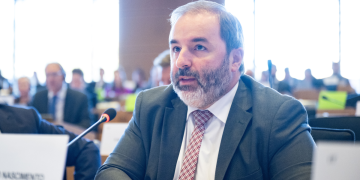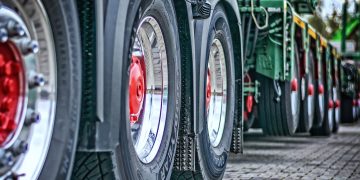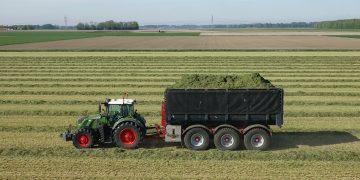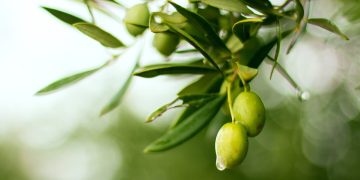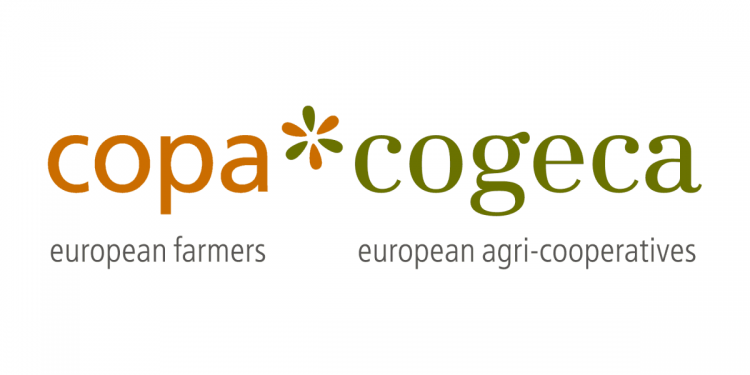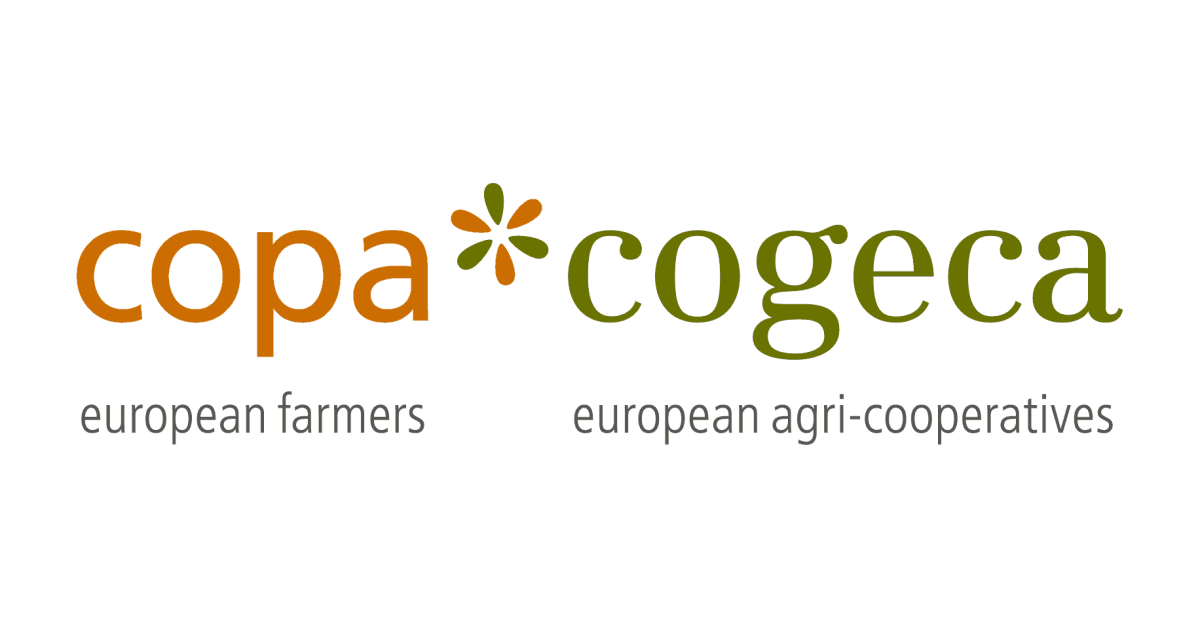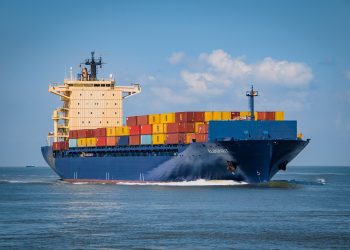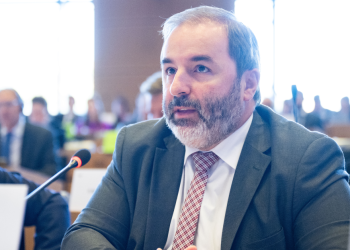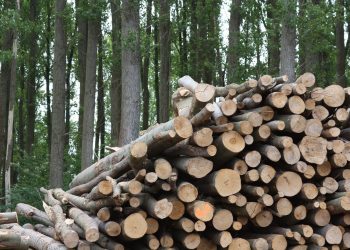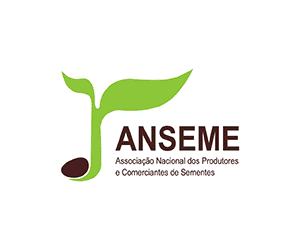Today the European Parliament’s Committee on Agriculture adopted, with a strong majority, MEP Mortler’s (EPP, DE) report on “Ensuring food security and long-term resilience of the EU agriculture”. This report aims at presenting the European Parliament’s stance on food security in light of the Russian invasion of Ukraine and looking at short and medium-term challenges.
The past few years can’t be considered as “business as usual” for the European farming community and society as a whole: more than two years of a pandemic and fourteen months of war in Europe after the dramatic Russian invasion of Ukraine with all the related consequences on the supply chains. In this context European farmers and agri-cooperatives have continued to produce restlessly to feed EU citizens and responsibly contribute to alleviate global food insecurity. It is partly also thanks to the CAP that we have managed to ensure food security and affordability, in a context in which farmers needed to have a predictable source of income together.
“The objectives of the Green Deal must be implemented in such a way that food security is not compromised, and that sustainability is ensured in environmental, economic, and social terms. Now it looks as if the European Commission has difficulties hearing the problems of farmers.”[1] These words from rapporteur MEP Mortler before the vote sum up the spirit of the vote that took place today and should give the European Commission food for thought.
In the short-term the report recognises the actions taken by the Commission to use all available EU land to support farmers and maintain affordability for citizens. Looking at the medium term, it calls again on the Commission to carry out a comprehensive assessment of the cumulative impact of the Green Deal in agriculture. If we face tighter restrictions on cultivation and higher production standards due to the EU framework, EU farmers expect to be treated fairly by the Commission’s trade policy.
Copa and Cogeca also welcome the attention given to innovation; whether considering the impact that the lack of tools to protect plants might have on EU food security or further development of new breeding techniques in agriculture. On fertilisers it confirms the need to allow a temporary derogation, as well as the use of alternatives to chemical fertilisers such as RENURE (‘REcovered Nitrogen from manURE’) and digestate which increase circularity on farms.
We now hope that in plenary MEPs will vote with a clear majority on this text looking for the long-term resilience in which farmers and cooperatives want to produce food and make further transitions to sustainable food systems.
[1] Green Deal mustn’t jeopardise food security (eppgroup.eu)
Artigo publicado originalmente em Copa Cogeca.


